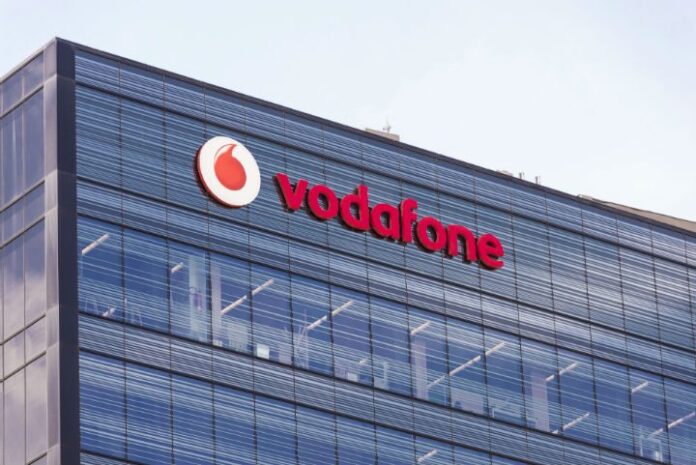The promise for operators of 5G networks is in selling augmented connectivity solutions to enterprises, and not to consumers, Vodafone told The Great Telco Debate in London this week.
But the operator community must guarantee 5G services, offered on network slices to industrial operatives, if they are to win business from the digital transformation of the broad enterprise sector, the company’s head of IoT business development Phil Skipper told a packed-out room.
“How do we make more money for telcos? The answer is to take on more risk. And to do that, to provide these services, telcos can’t just have a best endeavours network any longer. It needs almost an guaranteed quality of service,” he said.
Skipper was speaking during a session at the London event that considered whether 5G is more revolutionary for enterprises than for consumers. Ericsson, Nokia and Red Hat argued the toss, besides; in each case, they concurred the enterprise opportunity is greater.
Skipper, acknowledging his own bias, explained away the role of 5G in the consumer space.
“Why is consumer not very interesting? It just gives consumers more of what they want – more bandwidth, lower latency, and you can do clever things like holographic video calls. Fantastic. But this is just more of the same,” he said.
“For me, while 5G is evolutionary for the consumer market, it is quite revolutionary for IoT. And that’s because for enterprise, 5G can take the network from being just about data to being about control.”
The unique combination of high bandwidth, low latency and quality control puts mobile operators at the heart of the new industrial revolution.
“Those three attributes suddenly make the network more deterministic, and deterministic networks are more predictable, and predictable networks give control,” explained Skipper.
But the community must back itself to deliver robust, predictable, and secure services, which do not fail critical industrial functions.
“It won’t come for free. The telco industry has to realise when they start doing stuff like this, it moves away from being about coverage, and moves to being about quality of service.”
He added: “This moves the telco back into the centre of the industrial debate, because the reliance on connectivity increases, and the telco becomes a key part of delivering its customers’ customer experience.”

